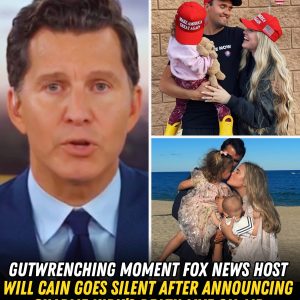The fatal shooting of conservative activist Charlie Kirk at Utah Valley University on September 10, 2025, has sparked both bipartisan condemnation and a media firestorm—particularly over MSNBC’s breaking news coverage.
Kirk, 31, founder of Turning Point USA, was shot while taking questions outdoors during a campus event. President Trump confirmed his death, calling him “great and even legendary.”
During MSNBC’s live coverage, host Katy Tur introduced political analyst Matthew Dowd, who described Kirk as “one of the most divisive younger figures” and said his rhetoric included “hate speech aimed at certain groups.” Dowd argued that “hateful thoughts lead to hateful words, which then lead to hateful actions.”
The timing of these remarks—made before Kirk’s death was officially confirmed—drew sharp criticism. Critics accused MSNBC of politicizing a tragedy in real time and showing insensitivity toward the victim and his family.
Dowd further speculated that the shooter might have been “a supporter shooting their gun off in celebration,” though he acknowledged the motive was unclear. This fueled accusations of recklessness and premature conclusions.
The incident has raised broader ethical questions about how media should handle breaking news during violent events. As the investigation into Kirk’s death continues, coverage of the shooting—and the backlash against it—has become part of the national conversation.





